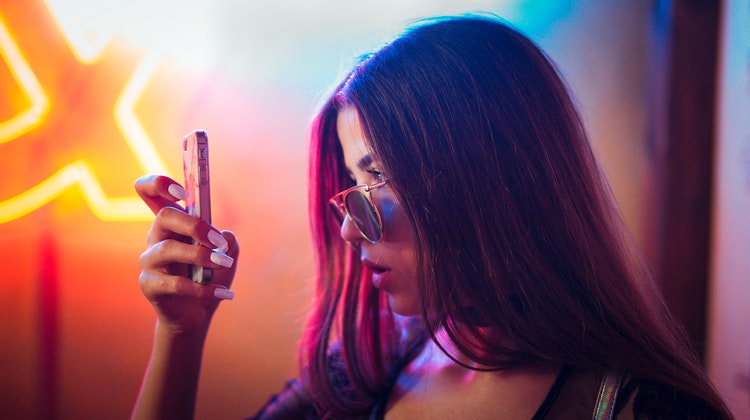
Photo Credit: pexels
By now, you’ve probably heard countless stories of people who have become addicted to social media. The consequences can go far beyond just losing a few hours of the day or night to endless social media scrolling. The consequences can also include negative emotional, psychological, or even physical effects.
So it’s perhaps no surprise that law firms are now willing to accept social media addiction cases on the behalf of clients. At the core of these cases is a very simple principle: a victim who has undergone pain or suffering as a result of social media use should have some legal recourse to hold the appropriate parties responsible.
What types of cases are lawyers taking on?
The classic case is known as a social media addiction lawsuit, and it is typically filed against one of the major social media platforms. Makes sense, right? In many cases, these platforms are specifically using sophisticated algorithms to keep people engaged, and all of that engagement is leading to addiction. In some cases, that addiction can lead to kids experimenting with harmful substances or engaging in harmful activities.
So it is precisely social media platforms such as TikTok, Snapchat, Facebook, or Instagram that are often named in these lawsuits. In some cases, these cases feature a single individual or family attempting to take on a major Silicon Valley social media company. For example, in some cases, young users are getting lured into using fentanyl via social media, so one type of lawsuit is known as a Snapchat fentanyl lawsuit. Parents are rightfully outraged if drugs are being sold via social media platforms.
In a specific type of lawsuit known as a school district lawsuit, it is actually an entire school district using the law to defend the interests of its students. Schools are noticing a real uptick in mental health issues, and they are convinced that it is the big social media platforms that are to blame. So schools are banding together as an entire school district, and then acting to take on Silicon Valley.
Is this new legal activity a positive development?
On one hand, this outgrowth of legal activity seems to be a positive development. If someone has been harmed, then someone should have to pay for that harm. Certainly, if drug dealers are using social media to find new users, there’s a problem. And, if sexual predators are using social media to find new victims, that’s a problem. The list of potential ills is a long one.
But here’s the thing: some of these lawsuits may be stemming from activity that is not the fault of the big social media platforms. That was the first thought that I had when I saw one category of social media addiction lawsuit: the “subway surfing challenge” lawsuit. That’s right – kids in New York City are seeing “subway surfing challenge” videos posted on social media, and then rushing out to try to surf on the tops of moving subway trains.
Does that sound like a good idea to anyone? And should social media platforms be forced to pay for such reckless behavior? This might be an extreme example, but many of the so-called “social media challenges” being posted today by kids seem to be outside the realm of reasonable behavior. Just think about the “Tide Pod Challenge” from a few years ago, in which kids dared other kids to consume laundry detergent.
Are there other options beyond lawfare?
This is not to say that there are not serious problems being caused by social media. In many cases, social media platforms are doing everything they can to keep you endless scrolling on their apps for hours. That can cause addiction, which in turn can lead to some very negative consequences.
But, we need to be very careful about using the law as a cudgel to go after the big tech giants. At a certain point, people need to take responsibility for their actions. After all, you can’t blame everything bad in the world on social media, can you?